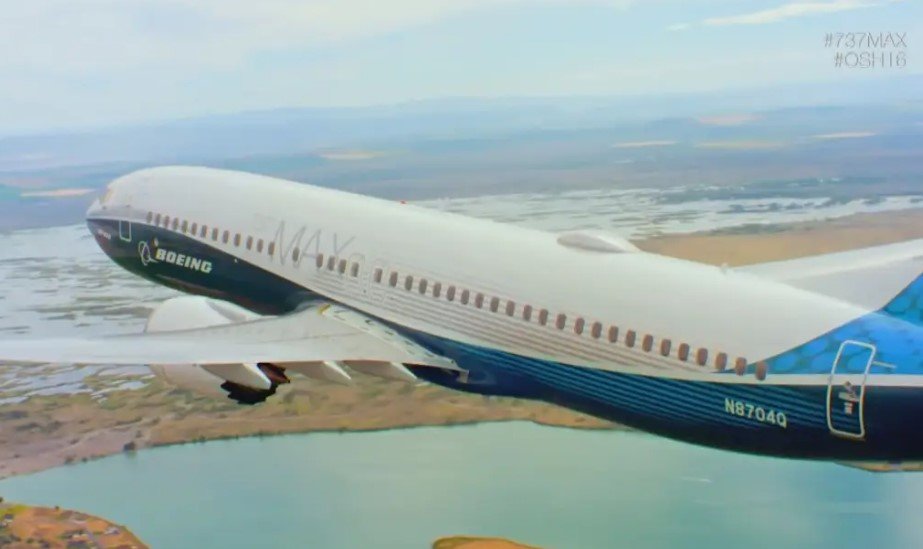A British military transport aircraft touched down in Cyprus Monday evening, ferrying dozens of UK nationals out of Israel as fears over a broader Middle East war mount.
The flight, operated by a Royal Air Force A400M Atlas, carried 63 British citizens and their family members from Tel Aviv to an RAF base in Larnaca. It marks the first publicly confirmed UK evacuation flight since the conflict between Iran and Israel spiraled into open confrontation last week, triggering missile barrages, retaliatory strikes, and a swirl of global diplomatic panic.
“We’ve made clear that the safety of British nationals is our absolute priority,” Foreign Secretary David Lammy told MPs in the House of Commons. “That is why we’ve activated both RAF and charter flights out of Israel. This operation is ongoing.”
A Sudden Call to Leave
The UK government has been urging its citizens in Israel to register their whereabouts with the Foreign, Commonwealth and Development Office (FCDO) as the region hurtles toward what many fear could become a multi-front conflict.
So far, more than 4,000 British nationals have done just that.
Some heard about Monday’s flight only hours before departure. Others say they were packed and ready for days, sleeping in clothes, listening for air raid sirens at night, waiting for word.
“We were on edge constantly,” said Zahra Mahmood, a British teacher based in Tel Aviv, who managed to get her name on the list for evacuation. “You don’t realize how tense your body is until someone tells you: ‘Get to the airfield. You’re leaving in three hours.’ I cried the whole way to the base.”

Onboard the A400M: Quiet, Relief, and Deep Exhaustion
There wasn’t much talking on the A400M, according to one of the RAF personnel on board. Just a lot of heavy breathing. And silence.
The aircraft, typically used to move troops and military cargo, was converted hastily for passenger evacuation. Fold-out benches, some blankets, basic rations. For many, it didn’t matter—just being airborne and heading away from Tel Aviv felt like winning the lottery.
“Everyone looked broken,” said the crew member, who asked not to be named. “Some were hugging their kids like they’d never let go again.”
Still Thousands More Waiting
Monday’s flight is unlikely to be the last.
With more than 4,000 British nationals having registered their presence in Israel, and only 63 evacuated so far, the numbers speak for themselves.
The UK government said it is working “around the clock” to arrange additional departures. But it’s a complicated patchwork of military airspace, shifting flight permissions, and a Middle East that looks nothing like it did just two weeks ago.
• UK Foreign Office has confirmed plans to increase evacuation capacity in the coming days
• Priority is being given to dependents, families with small children, and individuals with medical needs
• Charter flights, commercial partnerships, and military lift options all remain on the table
British Forces on High Alert Across the Region
The evacuations come as UK forces based in the region remain on elevated alert.
British personnel are stationed at multiple locations across the Middle East, including bases in Cyprus, Bahrain, and Qatar. Following last week’s joint US-UK airstrikes on Iranian missile facilities, London has reinforced defensive operations and tightened coordination with Washington.
In a separate statement Monday, Defence Secretary John Healey reiterated that “the safety of our forces remains paramount.”
But inside Whitehall, there’s growing concern that if Iranian proxies—like Hezbollah or the Houthis—intensify operations, British assets could be in their crosshairs.
Just last week, a British national was confirmed injured in a missile attack on northern Israel, according to Lammy. His condition remains stable.
Pressure Building in Parliament
At Westminster, MPs across parties are pressing the government for faster evacuation plans and better communication with citizens abroad.
“The emails we’re getting are heartbreaking,” said Labour MP Zarah Sultana, who’s been contacted by constituents with family in Jerusalem. “People feel abandoned. They’re desperate for information.”
Officials say coordination with Israeli authorities is complex but ongoing. They’ve also hinted at private arrangements being made for those able to afford commercial alternatives—though those flights, too, are dwindling.
“We are working as fast as we can,” Lammy said. “But this is a live conflict zone.”
Looking East: Warnings for Brits in Gulf States
As attention centers on Israel, the UK is quietly preparing for possible fallout in neighboring countries.
British citizens in Qatar, for instance, have been told to “shelter in place until further notice.” Similar advisories are under consideration for Bahrain and Kuwait.
The FCDO has also activated its crisis coordination center, and British embassies in the region have been instructed to ramp up contingency planning.
Even Cairo—where British tourists continue to land—has seen increased British security liaison activity, a senior official confirmed anonymously.
The Bigger Picture: A Dangerous Phase Begins
The wider conflict shows no sign of slowing.
Iran has threatened further retaliation following last week’s US airstrikes, while Israel has hinted at deepening its military operations inside Syrian and Lebanese territory.
As this pressure cooker tightens, British nationals—tourists, students, aid workers, expats—remain scattered across some of the most volatile parts of the region.
“It’s not just about flying people out,” said one former diplomat who previously served in Israel. “It’s about making choices in the fog of war—who goes first, what planes fly where, and how long you can wait before it all gets worse.”
